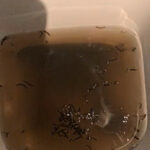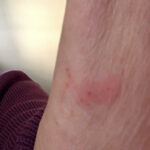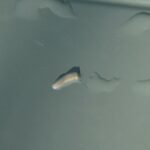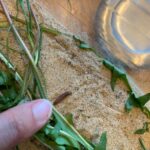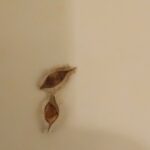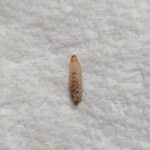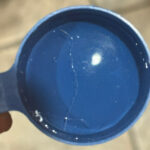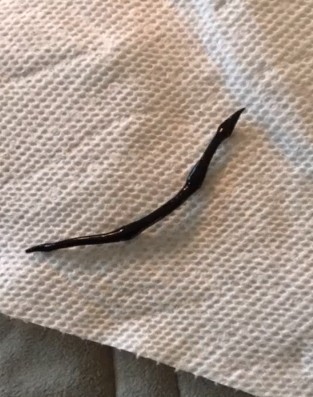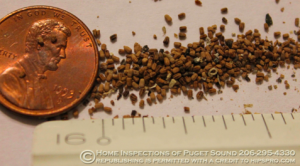
A number of readers have inquired about the term frass, both generally and as it applies to worms. As such, we find ourselves in need of a resource to explain this term, for frass is certainly a term that worm enthusiasts have occasion to discuss without infrequency. Moreover, the meaning of “worm frass” remains rather elusive.
Frass is defined informally and its use depends on the context and circumstance of its use, but in general it refers to the essentially solid excrement of insects. In some technical discussions it can be used to denote the pellets of fecal matter excreted by caterpillars, and in some cases silkworms. However, it is widely accepted to use the term to refer to any droppings or excrement produced by a worm or insect (which of course belong to, and in fact encompass, a number of different animal phyla).
Etymologically speaking, the term derives from the German frass, which is the past tense of the verb fressen, a word that describes feeding in a manner typical or reminiscent of an animal. How the term became adapted for uses related to feces rather than food, and how it came to prominence in reference to worms and insects in particular, is a matter of some debate, although the connection does not appear to us to be extraordinarily difficult to envision.
A common source of confusion involves the distinction between related terms for feces or droppings such as frass, guano, manure, pellets, and so on. This distinction is made more onerous by the informal and relatively vague nature of their respective definitions, which creates a situation ripe for ambiguity and confusion. As the boundaries between different types of animal excrement are somewhat fuzzy, we find it useful to keep in mind the following rule of thumb: the type of excrement referred to by a term is in general determined by its shape, consistency, and the nature of the creature that produced it. Frass is defined as above (essentially referring to worm and insect excrement, which tends to be either completely solid or close to it); guano is produced by bats, seabirds, and perhaps birds in general; manure is any organic matter employed as fertilizer but usually derives from livestock feces; and pellets are round, hard, undigested, and produced mainly by birds and certain ruminants (such as deer, elk, and so on).
The uses for frass are at least as varied as its definition – frass is an absolutely critical component of a wide variety of ecological cycles, and enjoys a broad number of artificial applications as well. The ecological niches made possible by frass are too numerous to provide a brief yet thorough account, but arguably its most important role is as a nutrient recycler in rainforests, where its rich array of contents produced by or transmitted through organisms’ digestive tracts promotes the growth of the extraordinarily diverse mix of flora found throughout the world’s rainforests. Frass also carries an abundance of bacteria, fungi, amoebae, and other microbes. Its main agricultural use derives from this latter property, as its prodigious capacity to seed soil and other growth materials renders it a powerful promoter of compost formation and an indispensable component of the grower’s toolbox.
Frass, for all its ability to render the uninitiated (and sometimes the significantly learned in the field of ecology and in the study of worms and other insects) in a state of confusion, occupies a necessary and fundamental place in the ecological and agricultural workings of our planet. When confronted with the term, one can in most situations get by with the operational definition “the feces of worms and insects,” and when necessary for certain technical discussions clarification can always be sought. We are happy to do our part in promoting the visibility of and appreciation for this wonderful and undeservedly obscure substance.
All About Worms is always free, always reader-supported. Your tips via CashApp, Venmo, or Paypal are appreciated! Receipts will come from ISIPP Publishing.



